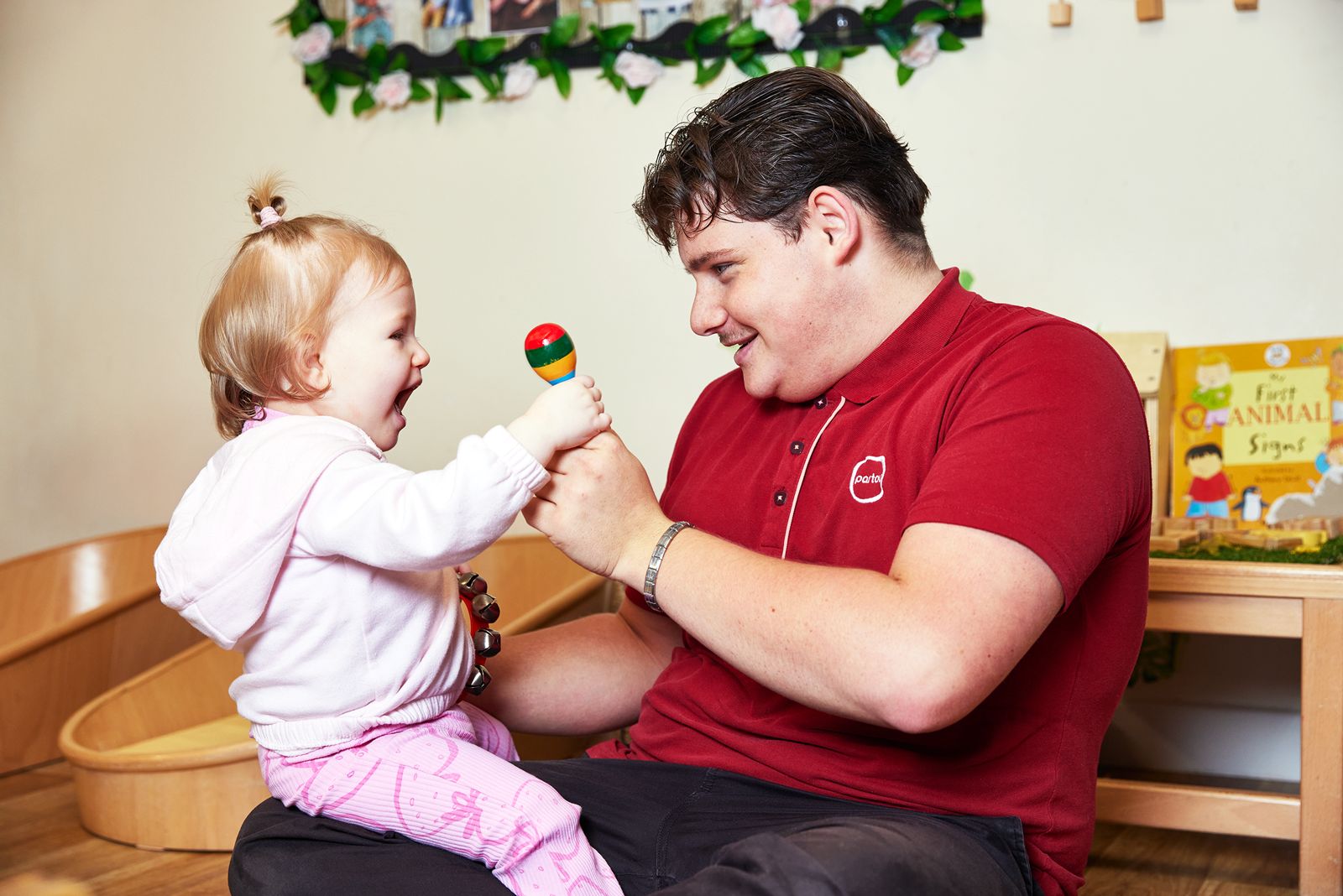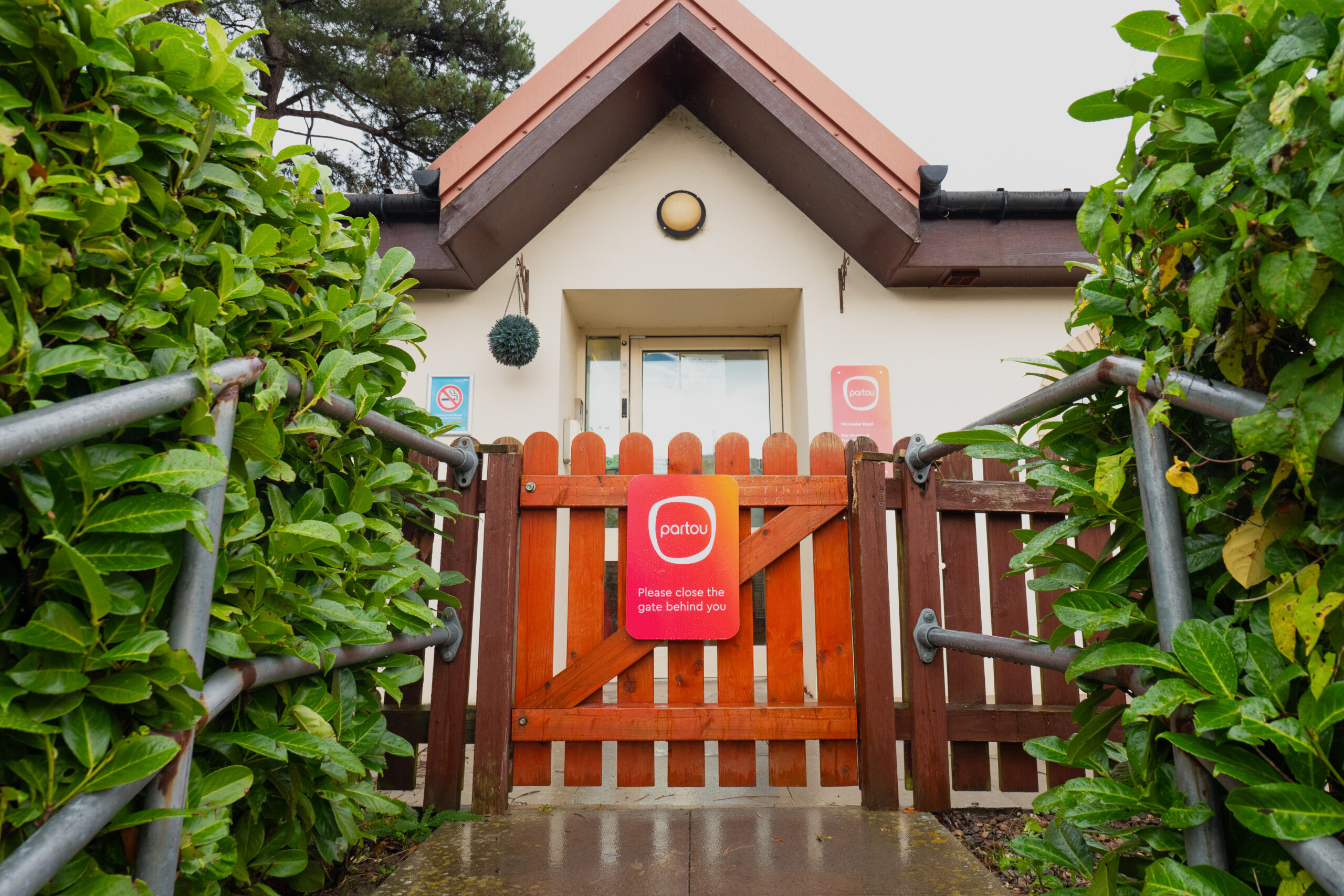
A parent’s guide to stress-free festive eating with children
Take a look at our helpful guide, on keeping food balanced, relaxed and enjoyable for children this Christmas, put together by Children's Food Nutritionist Laura Mathews
From nursery rhymes to dancing games, music helps your child grow. Learn how music in early years education supports development in fun, meaningful ways.

You know you’re the parent of a young child when you find yourself singing the same nursery rhymes over and over again. But did you know how important these early musical experiences are to helping your little one in their development? Here we’ll take a look at the benefits of music in early childhood education.
Music in early childhood education refers to the structured use of musical activities, such as singing, rhythm games, and movement—to support a child’s cognitive, emotional, and physical development. It involves both listening and participation, helping children build communication skills, coordination, and emotional awareness from infancy through to school age.
Right from the start, music and sound patterns are important to your child. Studies show that newborn babies, and even infants in the womb, can recognise and respond to music: some parents find that their babies are soothed by the songs they heard during pregnancy after their birth! This early sound recognition ability helps infants to identify their parents’ voices and later, to pick up on words and learn to talk.
It’s no wonder, then, that music can help your child with their communication and language skills. The repetition of those familiar lullabies and nursery rhymes supports word and pattern recognition while singing together encourages the listening and responding that’s needed for communication. For older children, music is also a natural way to learn about rhyming and counting.
If you’ve ever watched young children respond to music, you’ll have seen how naturally it comes to them to sing, play, do the actions if there are any and move along to the beat. These are all valuable forms of self-expression that allow your child to recognise, explore and express their emotions.. Participating in music at this young age can support children to use their imagination, respond to stories and understand the world.
Music in early childhood is also a social experience: singing those same songs in nursery or at music groups is a great way for children to come together and enjoy a shared culture with their peers. Children connect music with movement, seeking out others to share this experience with and communication.
One of the ways we use music in our setting is to help develop physical co-ordination. Encouraging children to dance to the music, or do the actions along with a song, helps their bodies and minds to work together. Music and movement helps children to develop their skills and to practice balance and motor skills.
Dancing supports children’s developing spatial awareness and their dance etiquette (not bumping into your neighbour) too! It also allows us as practitioners to introduce vocabulary for gross motor and fine motor movement along with mathematical concepts that can be “felt out” physically – “that was a big jump, let’s do an even bigger jump!”
We’ve seen the importance of music in early childhood. And there are plenty of simple ways that parents can encourage the appreciation of music in early years at home. If you’d like to support your child’s development through music, here are some example activities that involve music and singing for children.
At our nurseries, we use music every day to support children’s learning. But the best thing about music is that it’s fun! Whichever musical activities you do at home, you can be sure it will enrich their lives, help them to learn and foster a love of music for life.
For more information about music at Partou nurseries, contact us today.

Take a look at our helpful guide, on keeping food balanced, relaxed and enjoyable for children this Christmas, put together by Children's Food Nutritionist Laura Mathews

We've compiled a list of popular questions families ask at nursery visits to help you when deciding which nursery to choose for your child's early years education.